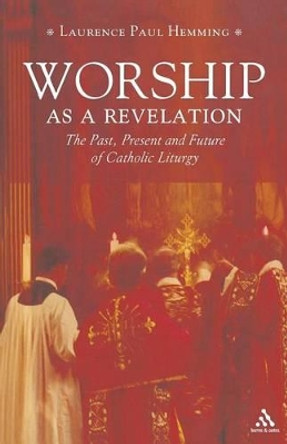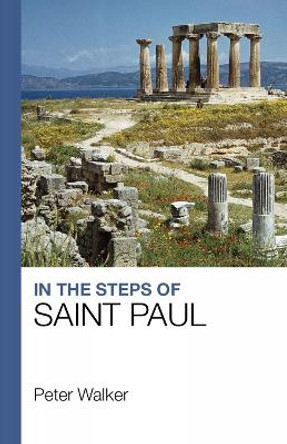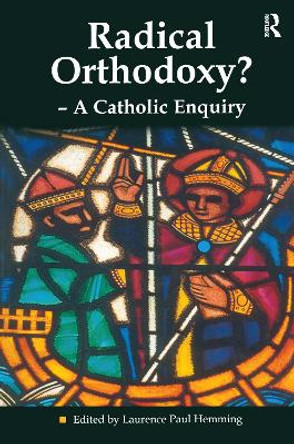Description
Heidegger's Atheism explains what Heidegger meant when he said that all philosophy is atheistic. This unique book traces the development of his explanation of philosophy as a methodological atheism, and relates it to his reading of Aristotle, Aquinas, and Nietzsche. A predominant issue throughout this study is Heidegger's pursuit of an answer to the question: How did God get into philosophy? Laurence Paul Hemming discusses a wide range of topics in this comprehensive volume, including the influence of Heidegger on theologians like Bultmann, Rahner, and Ott; the central themes of Being and Time; Heidegger's political decisions and involvement with National Socialism; and Jean-Luc Marion's reading of Heidegger. Hemming also provides an in-depth analysis of Heidegger's turn or Kehre. He addresses how Heidegger's understanding of das Ereignis, the event, relates both to his view of atheism and to the way he appropriated Nietzsche's proclamation of the death of God. Heidegger's Atheism also attempts to trace new possibilities in the relationship between theology and philosophy in Heidegger's critique of metaphysics.
Hemming argues that Heidegger criticizes the tradition of metaphysics from Aristotle and Plato through Nietzsche and Hegel because it traces a particular understanding of being in relation to God-even when that God is announced as dead. In contrast, Heidegger sees the task of philosophy as the self-understanding of human existence, and claims philosophy offers no definitives regarding what God humanity might encounter. Consequently, Hemming argues, Heidegger's atheism is an implicit critique of theology. Yet, Hemming also contends Heidegger's work resonates with the concerns of Christian faith, especially the Catholic tradition. Heidegger's Atheism offers radical and challenging conclusions about most of the recent British and American readings of Heidegger. Sure to provoke much debate and discussion, Heidegger's Atheism is essential for anyone with an interest in Heidegger.
About the Author
Laurencer Paul Hemming is dean of research students at Heythrop College, University of London and an ordained deacon for the Diocese of Westminster in Cambridge.
Reviews
"This book introduces some much-needed structure, sophistication, and close attention to textual detail into what are by now well-worn and increasingly convoluted debates about Heidegger's relation to theology and religious belief. . . . Few people are as familiar with and attentive to the full sweep of Heidegger's writings as Hemming proves himself to be; and those in the fields of theology and philosophy of religion who are desirous of finding inspiration and sustenance for their endeavours from this particular domain of philosophy can rest assured that Hemming is a reliable and sophisticated guide." -Religious Studies
"I can recommend the book to anybody who feels ready to be challenged in his self-certainty and assurance in faith, and who has a genuinely critical interest in the meaning of his own existence and of the age and society he inhabits. The book is accessible to those not yet introduced to Heidegger's particular terminology. . . . The book will be also of immense interest to Heidegger scholars, especially those interested in the relation between Heidegger and theology. . . . [T]his book could stir afresh theological thinking that admits its limits before God but takes up its own way of thought, guided-and called into question-by the Word of God." -Theology Today
"Heidegger's Atheism is a very well researched account of the sequence of Heidegger's relation to religion and theology. It contains one of the best discussions in any language of the 'turn' or Kehre, as well as a first-rate account of Heidegger's crucial relationship to scholasticism and, in particular, to Thomas Aquinas. This book makes a crucial contribution to Heidegger research." -John Milbank, Frances Ball Professor of Philosophical Theology, University of Virginia
"[Hemming] has written an important work. It transcends the alternative interpretations that serve as its foils. It deserves serious attention from anyone who would closely explore Heidegger's religious views." -Theological Studies
"Heidegger's Atheism is based on extensive research, in-depth textual analyses, and much scholarly debate." -Choice
"Hemming offers a well-grounded study of exactly what Heidegger's atheism entails . . . highly recommended." -Library Journal
"His book is best conceived as a careful listening to and thinking with Heidegger. . . . Hemming has established . . . a highly original and fiercely independent viewpoint. . . . " -The Thomist
Book Information
ISBN 9780268030582
Author Laurence Paul Hemming
Format Hardback
Page Count 342
Imprint University of Notre Dame Press
Publisher University of Notre Dame Press
Weight(grams) 631g
Dimensions(mm) 229mm * 152mm * 21mm







